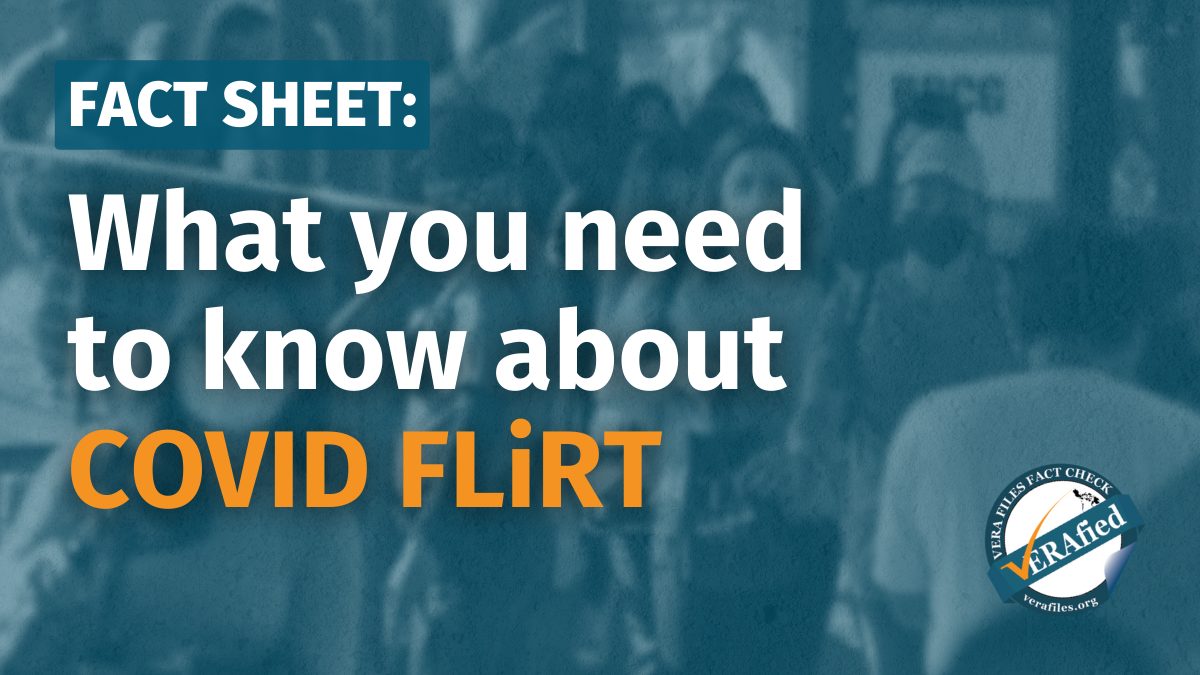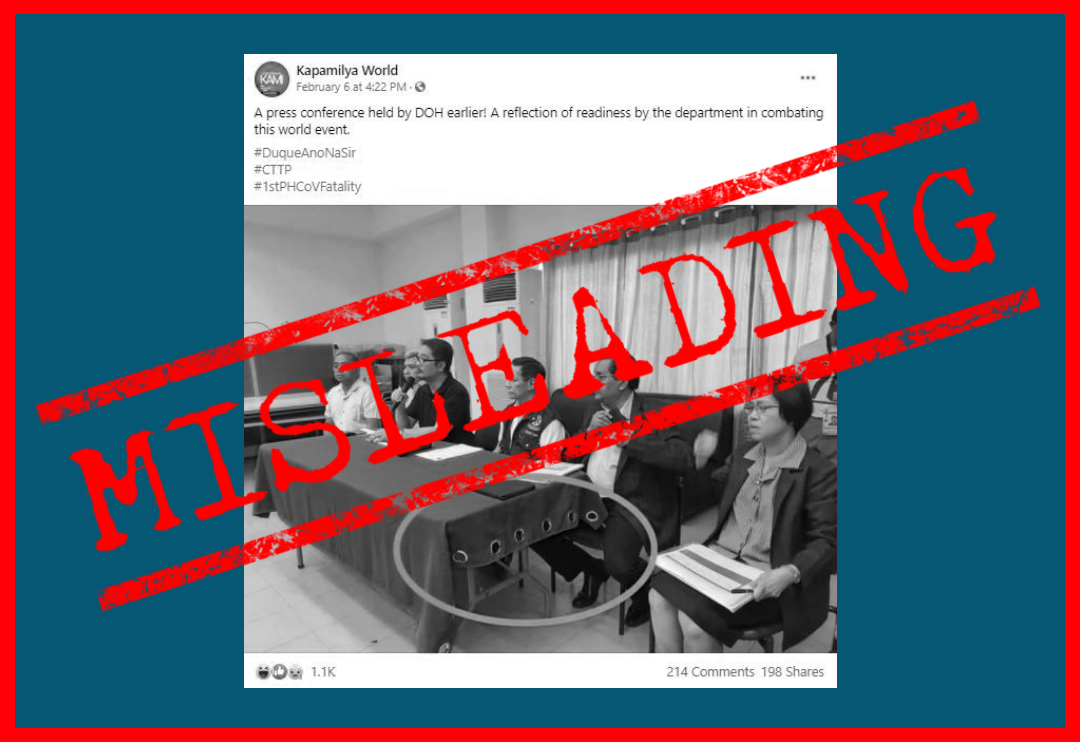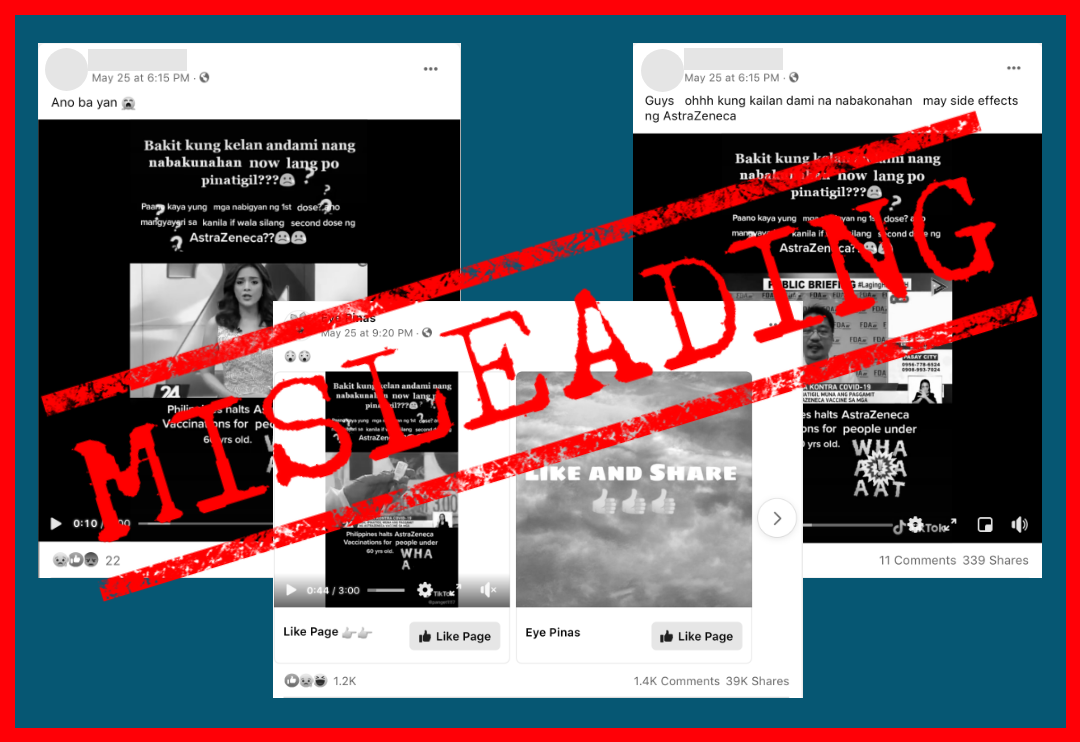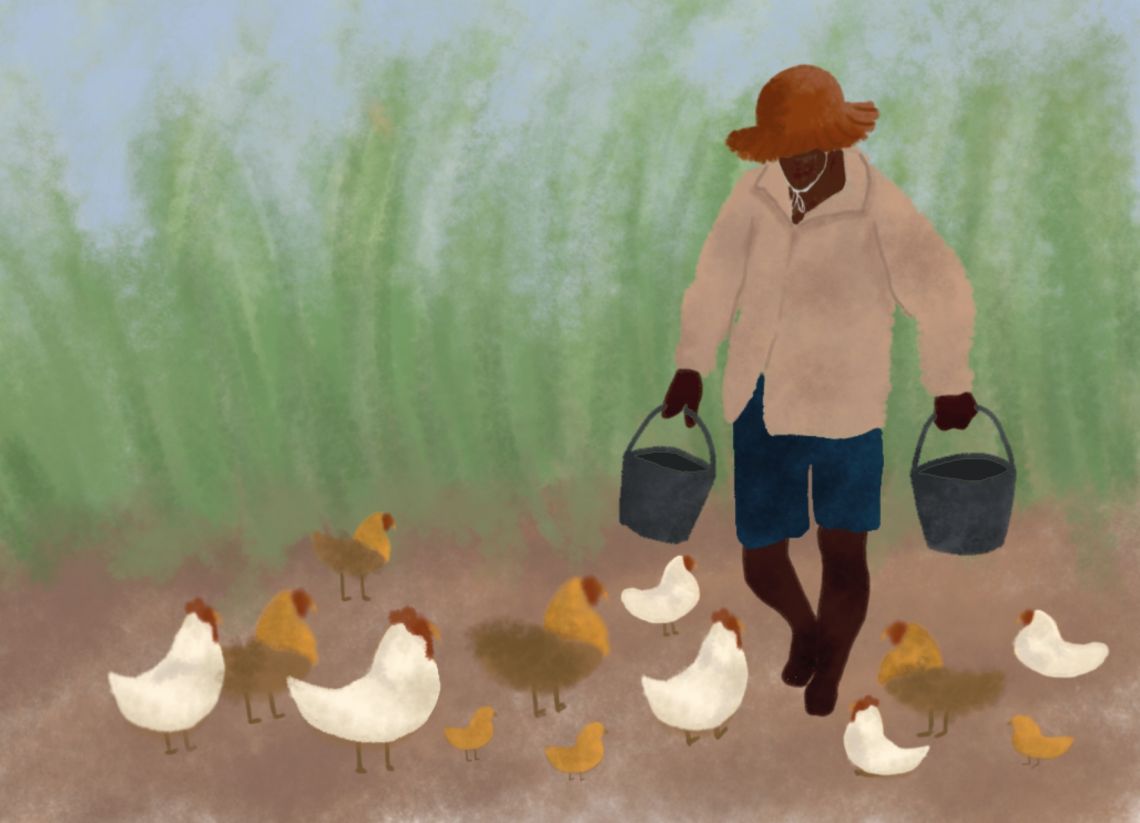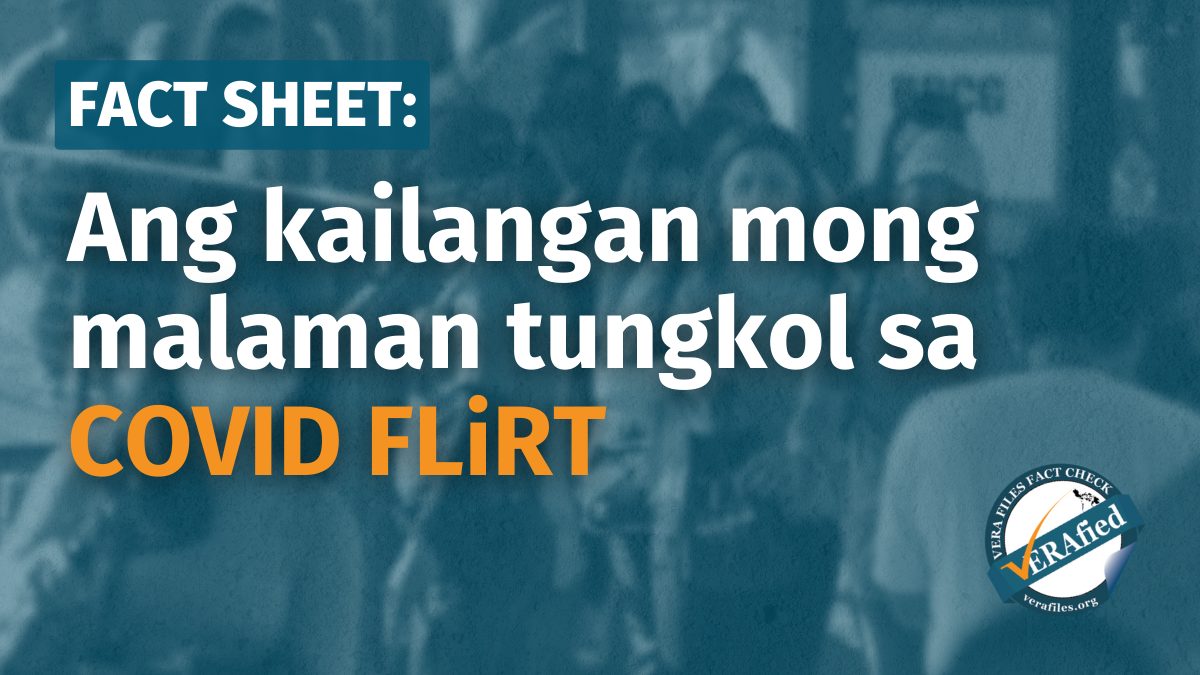The Department of Health confirmed on June 4 the presence of the COVID-19 FLiRT in the country, citing two local cases of the variant detected through genome sequencing by the Philippine Genome Center.
While the Philippines remains at low risk of COVID-19, thorough screening has been ordered at the points of entry, following reported cases of COVID FLiRT in other countries.
What is COVID FLiRT? Are we protected against this variant? Should people consider getting another dose of COVID-19 vaccines? Here are two things you need to know:
1. What is the COVID FLiRT variant?
COVID FLiRT is a nickname for two of the four COVID-19 variants under monitoring by the World Health Organization, specifically the KP.2 and KP.3 variants. The Philippine Department of Health (DOH) discourages the use of such a term, saying that the two variants should instead be called Omicron subvariants.
The WHO said in its May 17 report that the two Omicron subvariants have shown an increasing presence in the Americas, the Western Pacific, and Europe. However, data for Southeast Asia was insufficient at the time of reporting.
Despite the detection in the country, the DOH has reported a slow increase in COVID-19 cases that are typically “clinically mild and manageable.”
“At risk are the people who are elderly, with cancer [and] immunocompromised; they are the ones who should see their doctors,” said Health Secretary Teodoro Herbosa in a mix of English and Filipino during a May 22 press briefing.
2. Is COVID FLiRT more dangerous than the other variants? How protected are we against it?
At present, there is no evidence that suggests that the FLiRT variants are more dangerous or more virulent than the others. People continue to experience mild cases of COVID-19 because of stronger immunity from the vaccines, explained Andy Pekosz, professor of molecular biology and immunology at Johns Hopkins University.
While the Health department is not yet requiring additional dosage for the population, people may consider getting vaccinated again.
“That (additional vaccination) should be a personal discussion between a physician and you, the one with a request for vaccination, because I think the ones that need a vaccination are only the high-risk people,” Herbosa said.
Other DOH officials have said they can pool together the Health department’s unused funds to buy additional COVID-19 vaccines, noting that there is no allocation for it in the 2024 budget.
“If there is a need to provide something for the emerging COVID variant, we can always make some modifications within our budget,” explained Health Undersecretary Achilles Gerard Bravo during a May 29 oversight hearing of the House Committee on Appropriations.
In the same hearing, lawmakers called out the department for its slow disbursement of funds as they urged the agency to take proactive steps in providing medicines and hospitalization assistance to healthcare workers and immunocompromised people who get infected with COVID-19.
